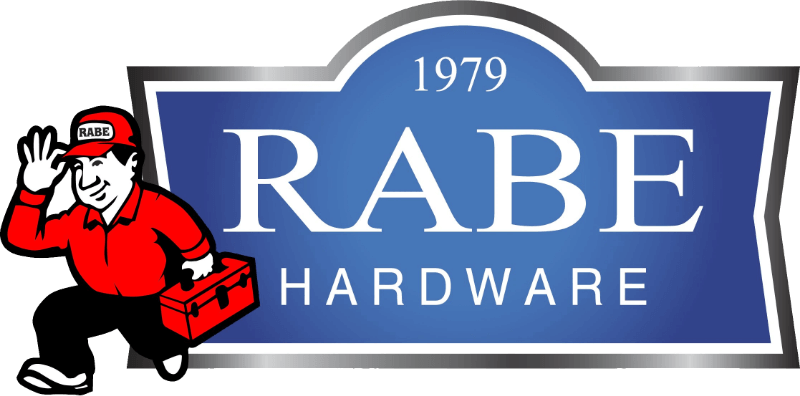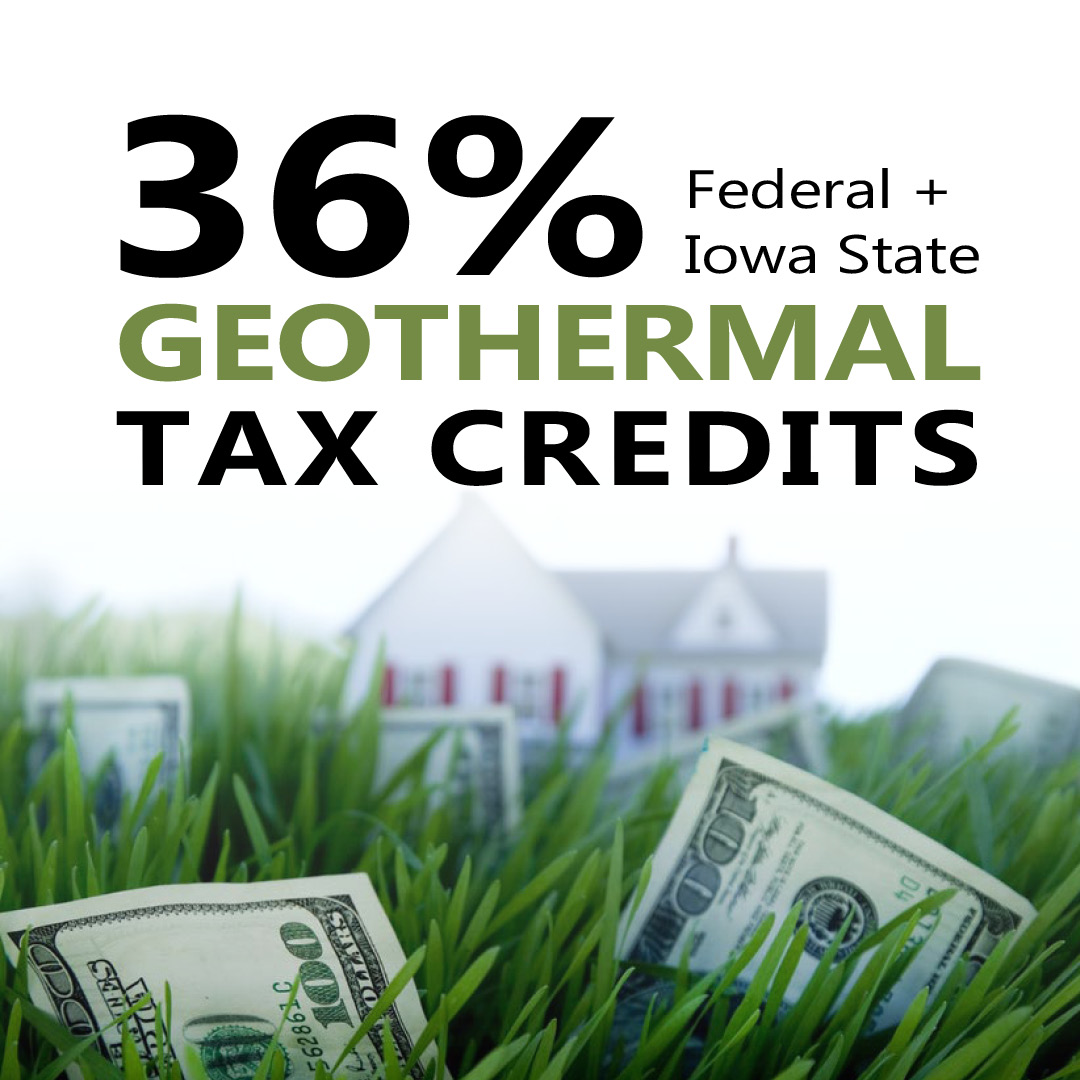Have you been looking into geothermal heating, but ended up put off by high installation costs? It’s often said that these systems pay for themselves, as in, provide such great savings that the initial cost is annulled in a few short years. That’s not all, however. Thanks to geothermal tax credits, Iowa homeowners can now greatly reduce what they owe the government, further cutting into the effective cost of geothermal installation!
With recent legislation extending tax credits for geothermal installations, the window of opportunity allowing you to benefit from these incentives has never been greater. In this article, we’ll outline some of the attractive opportunities presented by geothermal and guide you through the process of applying for a tax credit.
The Basics of Geothermal Systems
Geothermal heating and cooling are still relatively new concepts, offering a clean and safe alternative to traditional HVAC. Leveraging the thermal energy stored in the earth, they can provide year-round comfort bundled with long-term savings. A household that introduces a geothermal heat pump is estimated to spend up to 70% less on heating and cooling than before!
Interested in hearing a more detailed explanation on how geothermal systems tap into a free, renewable source of energy using ground loops and temperature differentials? Check out the helpful videos on our website, or contact our experts directly for a consultation.
If all this sounds too good to be true, we understand your skepticism. But the science is solid and the benefits backed by countless years of successful implementation, in the US and across the world. With every passing year, geothermal heating systems get more and more efficient, allowing for ever greater savings.
So why isn’t everyone using geothermal energy, then? Several reasons. For one, we’re highly accustomed to traditional HVAC systems, and our existing infrastructure is built to support them. Making a major switch on a national level would take time, effort, and money. Tying into that is reason number two. Getting a geothermal heating system built and installed can be an expensive project, depending on the size and location of your property.
Tax Credits and Geothermal Installations
Luckily, the amazing potential of geothermal energy is now recognized by the powers that be. Government subsidies are being offered to owners of commercial and residential properties, typically by way of geothermal tax credits. If you have a geothermal system installed, you can apply to transfer a significant portion of the cost onto the government.
The motivation behind offering geothermal tax credits should be obvious enough. With the looming energy crisis, governments are highly motivated to get their citizens to switch to more efficient, sustainable means of heating and cooling their respective property. And, of course, the environmental benefits are nothing to sneeze at either.
The federal program offering clean energy tax credits/rebates was originally meant to last through 2023, but it has been extended to 2032. So, home upgrades installing geothermal systems that start before the end of that year may qualify for these benefits. Of course, the same applies to new construction projects.
How Do Geothermal Tax Credits Work?
Put simply, you can reduce your tax burden by going geothermal! Currently, the tax credits provided to households installing geothermal are equal to 30% of the total system cost. But that’s not all – Iowa State taxpayers get another 6% off the installation cost in tax credits. That’s 36% of your total expenditure essentially covered by the state! For commercial interests, however, geothermal tax credits can go up to 30%.
While there’s no limit to the credit amount you can gain this way, geothermal tax credits are considered non-refundable. This means, if you stack up enough credit to reduce your tax burden below zero, the state won’t be sending you a check to tally up the difference. However, the credits are transferable – any extra deduction can be applied to next year’s taxes.
Not that the tax credits outlined above are set to go down over time. In 2033, the federal tax credit will drop to 26%, followed by 22% in 2034. An extra incentive to act quickly, although further extensions are also possible.
Adding tax credits to the energy savings you’ll be benefiting from, it becomes clear why many homeowners like to say that “geothermal pays for itself”.
Do I Qualify for Geothermal Tax Credits?
There are a few conditions that must be met before a homeowner or business owner can qualify for geothermal tax credits.
First of all, you must be a resident of the United States and own the home where the geothermal system is installed. You cannot claim the credit on rental properties, except if you can prove that you live in the property for a portion of the year.
Second, for geothermal tax credits to apply, the system installed must meet certain efficiency requirements proscribed by the state. Specifically, they need to be ENERGY STAR qualified, use 61% less energy than standard models. All GHP systems installed by Rabe Hardware operate at an efficiency rating well above the designated minimums.
Thirdly, the geothermal system must be installed within the allotted time period. As mentioned earlier, the limit was previously set at December 31st 2023. In August of this year, however, it was pushed back all the way to 2032.
How Do I Apply for Geothermal Tax Credits?
Now, we know that filing your taxes is convoluted enough, and don’t want to make the process any more complicated than it needs to be. But when it comes to applying for geothermal tax credits, a homeowner only has to complete and submit Form 5695. If you’ve already filed a tax return for the year, you can file an amended return instead to still claim the credits.
If you find yourself in need of further information on geothermal tax credits, please feel free to contact Rabe Hardware directly by email or telephone. Our geothermal energy consultants can provide hands-on assistance, helping you to find the optimal solution for your property and your tax bracket. Reach out to us and let’s work together to save money as well as energy, assuring total home comfort while protecting the environment at the same time.

